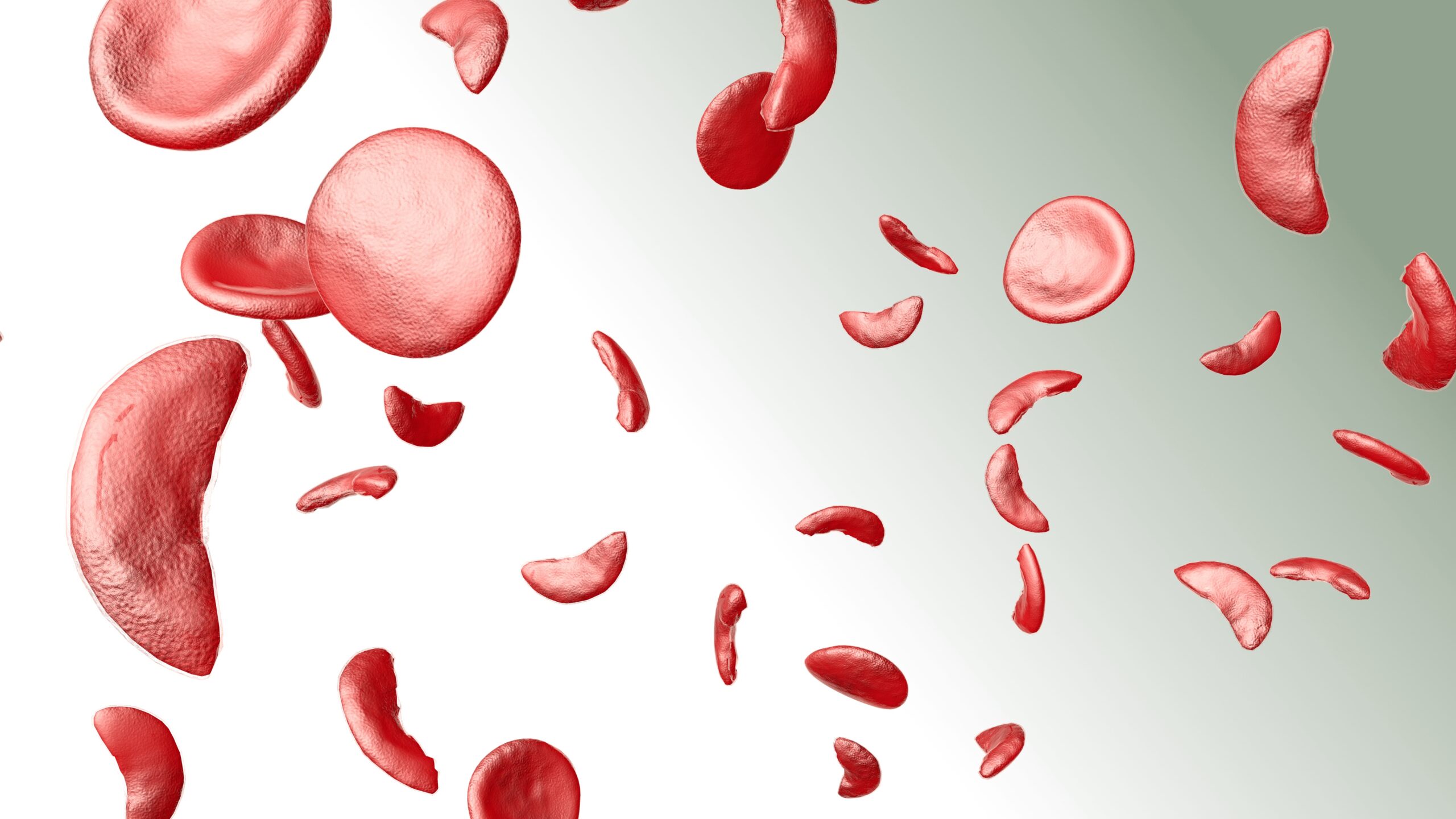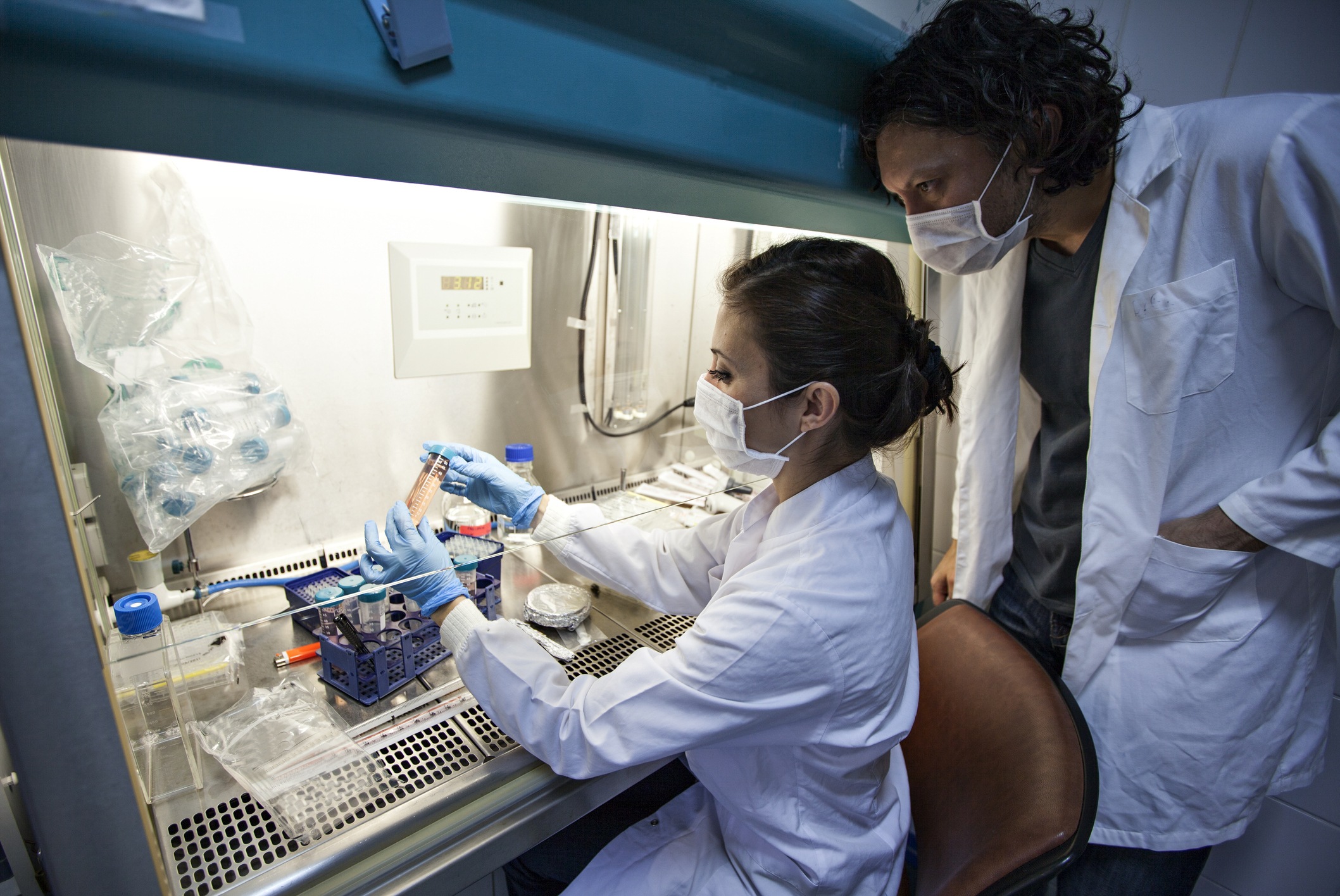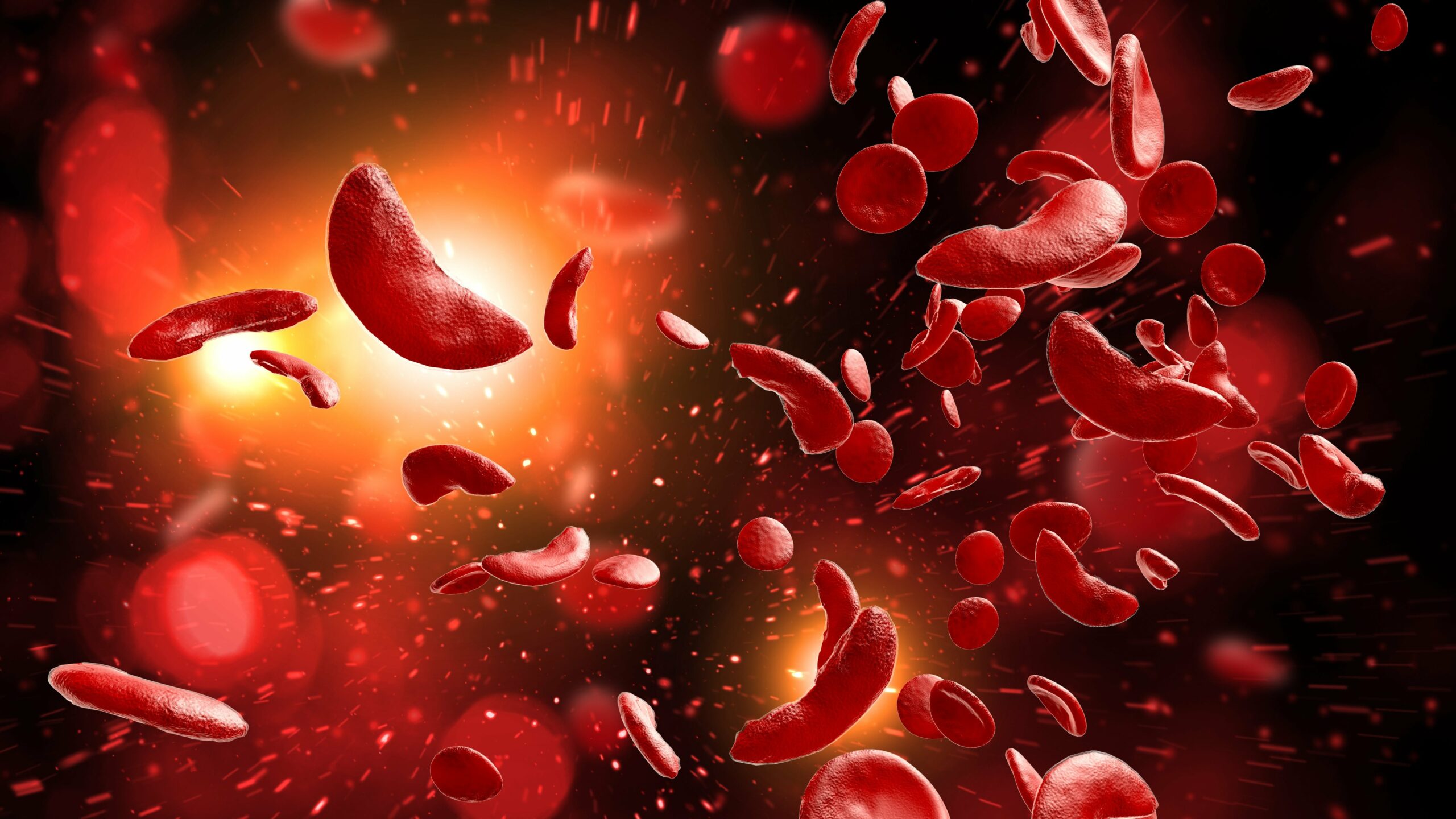
Etavopivat, an investigational, once-daily, oral selective erythrocyte pyruvate kinase activator, was well tolerated and yielded increased hemoglobin, decreased hemolysis, and improved red blood cell (RBC) physiology in patients with sickle cell disease (SCD) in a phase I trial led by Santosh Saraf, MD, of the University of Illinois at Chicago, according to a report in Blood Advances
The study enrolled 36 patients with SCD into one of the following cohorts: one single dose, one open label, or one of two multiple ascending doses. The 15 patients in the open-label cohort had a median age of 33 years (range, 17-55 years), and 14 completed treatment of etavopivat 400 mg once daily for 12 weeks.
Sickle Cell Disease Treated With Etavopivat
According to the authors, adverse events (AEs) were mostly grade 1 or 2 and were consistent with underlying SCD, though five patients had serious AEs. The most common treatment-emergent AE was a vaso-occlusive pain event in seven patients in the open-label cohort.
Treatment with etavopivat reportedly induced sustained increases in adenosine triphosphate and decreases in 2,3 diphosphoglycerate over the treatment period. These changes produced a mean maximal increase in hemoglobin of 1.6 g/dL (range, 0.8-2.8 g/dL), with 11 (73%) patients achieving an increase over 1.0 g/dL.
Furthermore, oxygen tension at the point of 50% hemoglobin saturation was reduced (P=.0007) alongside a lowered oxygen saturation for point of sickling (P=.0034) on oxygen-gradient ektacytometry.
Absolute reticulocyte count, indirect bilirubin, lactate dehydrogenase, matric metalloproteinase-9, and erythropoietin all decreased from baseline.
“In this first study of etavopivat in SCD, 400 mg once daily for 12 weeks was well tolerated, resulting in rapid and sustained increases in hemoglobin, improved RBC physiology, and decreased hemolysis,” Dr. Saraf and colleagues concluded.
Related: Akhila Vadivelan, MD, Discusses Iron Deposition in Transfusion-Dependent SCD
Reference
Saraf SL, Hagar RW, Idowu M, et al. Multicenter, phase 1 study of etavopivat (FT-4202) treatment for up to 12 weeks in patients with sickle cell disease. Blood Adv. 2024. doi:10.1182/bloodadvances.2023012467







 © 2025 Mashup Media, LLC, a Formedics Property. All Rights Reserved.
© 2025 Mashup Media, LLC, a Formedics Property. All Rights Reserved.